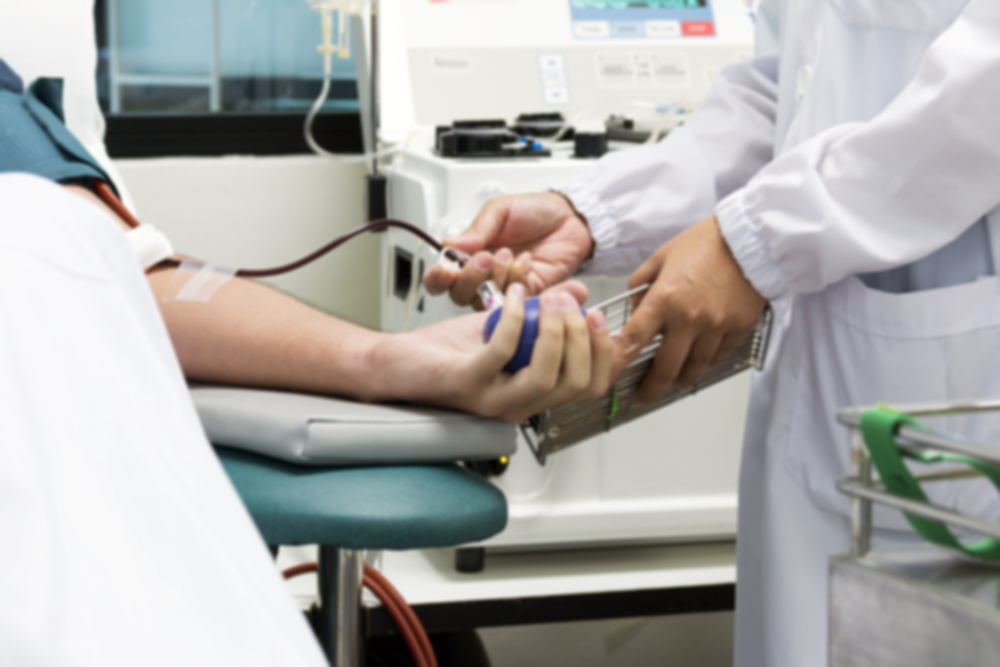Hemophilia A Patients May Benefit from Specific Replacement Therapy

A recent clinical trial indicates that replacement therapy with plasma-derived factor VIII is associated with lower incidence for development of inhibitors in patients with severe hemophilia A.
The study,“A Randomized Trial of Factor VIII and Neutralizing Antibodies in Hemophilia A,” was published in The New England Journal of Medicine.
Hemophilia is a disease characterized by plasma deficiency of coagulation factor VIII, an essential blood-clotting protein, also known as anti-hemophilic factor (AHF). About 30% of patients experience a severe complication mediated by the increase of inhibitors (alloantibodies) that disactivate factor VIII which jeopardizes and could further erase the effects of replacement therapy.
Previous studies suggested that the development of neutralizing anti–factor VIII alloantibodies in patients with severe hemophilia A may depend on the concentrate used for replacement therapy.
In the recent study, authors performed a randomized clinical trial to determine the incidence of factor VIII inhibitors among a population of patients treated with plasma-derived factor VIII containing von Willebrand factor or recombinant factor VIII.
The patients included in the trial had no previous treatment with any factor VIII concentrate or only minimal treatment with blood components.
Researchers screened 303 patients of whom 264 were randomly assigned to receive 1:1 ratio of either plasma-derived factor VIII or recombinant factor VIII. Patients were then followed for 50 consecutive exposure days, or 3 years or until inhibitor development was confirmed.
In the end, 251 patients were analyzed; 76 patients developed inhibitors, 50 patients exhibited high-titers. From the 125 patients treated with plasma-derived factor VIII, 29 developed inhibitors and 20 patients had high-titers – the result was detected in 47 of the 126 patients treated with recombinant factor VIII with 30 patients showing high-titer inhibitors.
Correlation analysis revealed that recombinant factor VIII was associated with an 87% higher incidence of inhibitors than plasma-derived factor VIII.
Results showed that patients treated with early replacement therapy with plasma-derived factor VIII, have lower risks for inhibitor development than those treated with recombinant factor VIII-based therapy.
In conclusion, native factor VIII products from human plasma are less immunogenic than those engineered by recombinant DNA technology in animal cell lines, which may impact treatment strategies. The findings prompt future investigation on the mechanisms of the immunogenicity of various factor VIII preparations.






